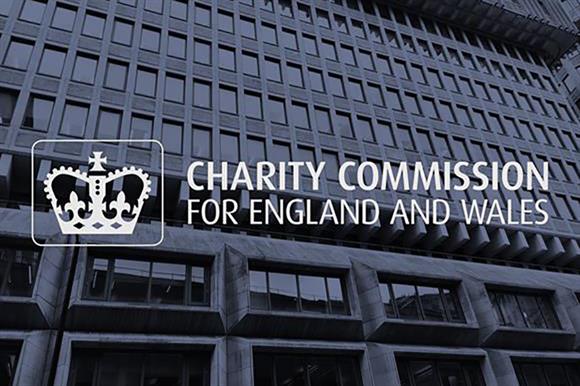The Charity Commission has disqualified three trustees at an Islamic disaster relief charity after they were unable to account for more than £780,000 in charitable funds.
The regulator has concluded the Quba Trust was poorly managed and its now former trustees Dawood Masood, Affaf Amir and Masood Akthar Hazarvi had a serious disregard for, or lack of understanding of, the importance of proper financial management and controls.
A statutory inquiry was opened into the Luton-based charity in 2022 after routine monitoring by the regulator flagged “serious concerns” about the charity’s governance and financial management.
“This was of particular concern due to the charity’s international operations in Pakistan,” the regulator said.
During the investigation, which closes with the publication of its report, the regulator found the former trustees were unable to account for £259,383 that was transferred overseas, with a further £521,742 lacking a satisfactory financial audit trail.
The charity also spent more than £36,000 on a consultant while the charity was largely inactive and under investigation by the regulator.
The former trustees produced an appointment letter dated 1 July 2022 but it was “only two sentences long” and raised concerns, given it was signed by a trustee who did not join the charity until September 2023, some 14 months after the consultant’s appointment, the regulator said.
“The inquiry examined the rationale for this appointment and, using the commission’s legal powers, sought evidence and responses from the former trustees,” the regulator said.
“However, the former trustees failed to provide any justification for the decision, define the consultant’s role, or demonstrate any tangible outcomes from their work.
“The regulator concluded that the consultant’s appointment and remuneration were not in the charity’s best interests and amounted to misconduct and mismanagement.”
Between January 2017 and July 2021, the trustees authorised payments from the charity’s funds, totalling £206,042, to their personal bank accounts and the accounts of companies connected to them, the regulator found.
These payments were for expenses such as tickets, taxis, hotels, freelance staff salaries and transfers to overseas partners via money service bureaus.
“The trustees claimed that these transfers were primarily to fund the construction of a girls’ school in Pakistan,” the regulator said.
“However, they were unable to account for five payments totalling £1,690 made between December 2019 and January 2020 to [Masood’s] personal bank account and the account of a company where [Masood] is the sole director.
“This inability to account for these funds further aggravates the misconduct and/or mismanagement in relation to financial management and controls of the charity.
After concluding the investigation, the regulator determined that the misconduct and mismanagement committed by some of the former trustees made them unfit to be a trustee or hold senior management positions in any charity.
The trustees have been disqualified for periods ranging between three and five years.
On 1 July 2024 Masood was disqualified for 10 years, Amir was disqualified for seven-and-a-half years and Hazarvi was disqualified for five years and one month.
“[Masood] is a practicing accountant, who performs independent examinations for a number of registered charities in England and Wales,” the regulator said.
“He is also a charity sector expert, providing guidance and support to faith-based organisations on governance, financial management and safeguarding.
“By virtue of his professional qualifications (as a practicing accountant), the commission considers that [Masood] should have demonstrated a greater level of knowledge and met higher standards than other trustees.”
Joshua Farbridge, head of compliance visits and inspections at the Charity Commission, said the former trustees failed to meet the standards expected of them.
“Trusteeship is an important public role that carries legal duties and responsibilities, which includes acting in a charity’s best interests and managing its resources responsibly,” Farbridge said.
“In this case, the former trustees we have taken action against failed to meet the standards expected of them, leading to serious governance and financial management failings.
“Our inquiry’s findings serve as a reminder of the duties placed on trustees. When those duties are breached, public trust and confidence in charities are undermined.
“The commission, as demonstrated in this case, will act to protect the integrity of both the charity involved and the wider charitable sector.”
